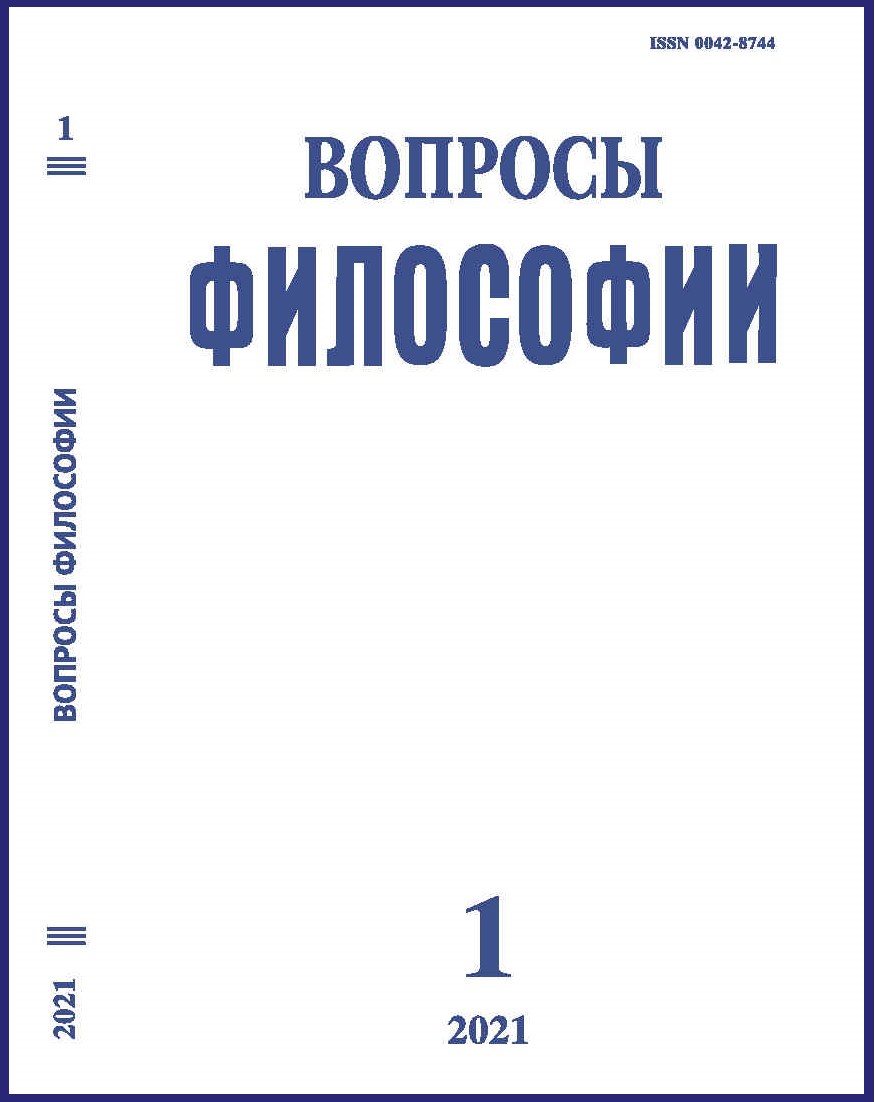Education of the Future:Reproductive-Productive Transition
DOI:
https://doi.org/10.21146/0042-8744-2021-1-5-16Keywords:
epistemology, ontology, knowledge society, Reformation, education, reproductive-productive transition, classroom-lesson system, problem-cognitive educationAbstract
Education of the future is a fundamental challenge of the present time that defines a horizon of thinking of society and about society. The knowledge society stepping into the role of a horizon brings the substance of the matter to the ability of education to cultivate the creative function of thinking. From the ontological point of view, this article deals with the problem of the education transformation from reproductive to productive forms of working with knowledge (the reproductive-productive transition). The prevailing reproductive model of modern education is a class-and-lesson (or lecture-seminar) system. Institutionalization of class-and-lesson education in the Reformation years in the XVI c. is analyzed, and key didactic and organizational principles laid down in its basis by Ph. Melanchton are identified. Arguments are presented against qualification of educators in the age of Reformation as humanists. The concept of epistemic dominant is introduced for the purpose of explaining the education transformation process. It is shown that the reproductive-productive transition belongs to the essence of our time. The stability of the class-and-lesson system can be explained by resting on an essential part of educational universals that are timeless in nature. Based on the theory of non-Kuhn’s paradigms, the relationship between the reproductive-productive transition and a shift in the ontological foundations of the education phenomenon as to its forms, ways, functions, and generalization of its being is shown.

